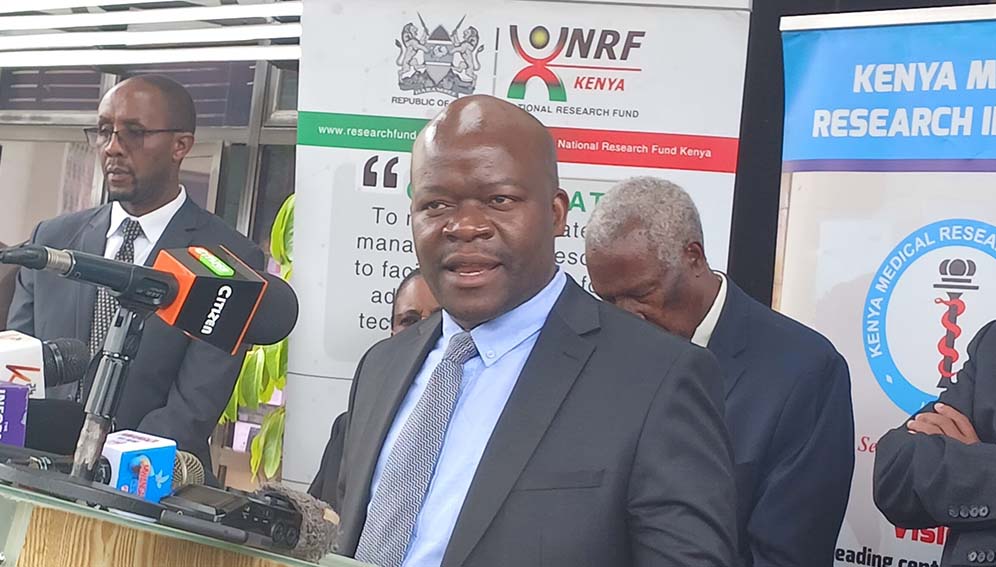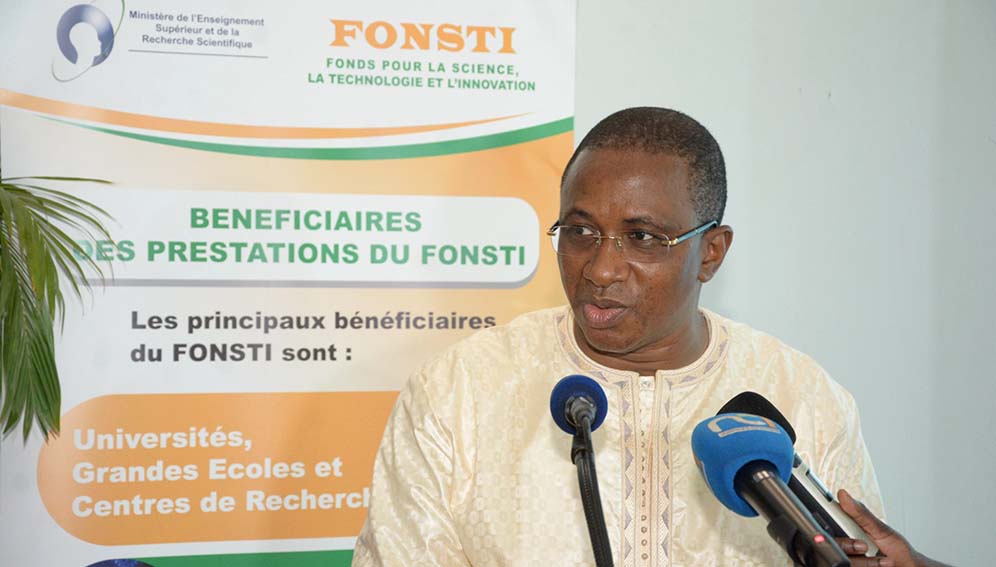SGCI News
Malawi is working to increase its ethanol production through public-private partnerships in a bid to generate cheaper, cleaner transport fuel, a senior official says. Ethanol, which is made by breaking…
Malawi is working to increase its ethanol production through public-private partnerships in a bid to generate cheaper, cleaner transport fuel, a senior official says.
Ethanol, which is made by breaking down the starch in maize kernels into sugar and fermenting it, is less polluting than petrol, producing lower carbon dioxide emissions.
However, it also relies on an adequate supply of crops, which can be a challenge, along with high production costs.
Gift Kadzamira, director general of Malawi’s National Commission for Science and Technology (NCST) says the country’s Energy Ministry is working with local and international companies to expand production of the biofuel for vehicles.
“Armed with reports that showed ethanol use can significantly reduce foreign exchange needs, stabilise fuel prices, cut vehicle running costs and decrease greenhouse gas emissions, the government believes it is a realistic venture to undertake if the nation is able to scale the current hurdles and future expectations, especially for vehicle population growth,” she says.
The ethanol initiative, led by the NCST and supported by the Science Granting Councils Initiative (SGCI) aims to support economic growth, protect the environment and help Malawi achieve energy self-sufficiency.
The project, which started in 2012 based on recommendations from researchers, focused on boosting local ethanol production capacity, establishing competitive pricing, setting up fueling stations and encouraging necessary vehicle modifications.

It faced a setback when the government introduced a policy that linked ethanol pricing to petrol prices, making ethanol production less profitable for producers. However, the policy was later reversed, reenergising the initiative.
Kadzamira says although the project was only partially off the ground, progress has been made in establishing infrastructure and vehicle modifications.
“A few cars have been brought into the country to demonstrate the feasibility while Malawian technicians have also been trained on how to adapt current vehicles on the road to ones that are able to run on ethanol,” she explains.
With petrol prices rising, public support of the initiative is high, adds Kadzamira, however adoption levels are low because of production challenges.
One of the main issues is the inadequate production of ethanol to meet demand from the proposed fuel switch.
In 2022, following a change of government in Malawi, there were also delays in bringing members of the new administration on board, says Kadzamira.
Malawi’s total annual ethanol production was 18 million litres in 2023. “This is inadequate to meet future ethanol requirements,” she adds.
Long-term success
Kadzamira stresses that the NCST is committed to addressing the challenges hindering the full implementation of the ethanol project.
“We need to ensure that all players in the ecosystem, from the government to the industry and researchers, are aligned and working together towards the common goal.”
She believes this approach is vital for overcoming the current production shortfalls and ensuring the long-term success of ethanol as an alternative fuel in Malawi.
The SGCI is playing an essential role in providing funding and facilitating capacity building within Malawi’s research community, says Kadzamira.
“We have been able to provide resources and grants to more researchers and innovators in the country because of the support from the SGCI,” she adds.
The SGCI strengthens Sub-Saharan African science granting councils to support research and evidence-based policies that promote socio-economic development.
Nghiem Phu Nhuan, a biofuel researcher and co-author of a book on biofuel engineering process technology, says the biggest challenge facing commercial-scale ethanol production is cost.
According to Nhuan, progress has been made in several areas and advancements in technology offer promise, showing potential for cost reduction.
Nhuan says he is optimistic about the future but uncertain about widespread adoption timelines.
“I think the future looks really good. However, I cannot predict when the time will come for ethanol to establish itself as a viable industry,” he adds.
Article by Paul Adepoju
Related News
Namibia launches BOOSTUP programme to bridge innovation gaps
Many promising technology-driven ideas struggle to progress beyond the concept stage due to limited access to early-stage support and mentorship. These challenges highlight the need for targeted interventions that could transform innovative ideas into viable and scalable solutions. It is against this backdrop that the…
Kenya’s postgraduate research grants
The National Research Fund (NRF), Kenya, invites applications for postgraduate research grants for the 2025/2026 financial year. This national research call is a strategic intervention to strengthen Kenya’s Science, Technology, and Innovation (STI) ecosystem by supporting high-quality postgraduate research that drives innovation, informs evidence-based policymaking,…
The FONSTI mag: A new era for science storytelling in Côte d’Ivoire
Effective research communication is central to ensuring that science informs policy, reaches communities, and inspires the next generation of scientists. Science Granting Councils Initiative (SGCI), members are increasingly experimenting with creative, people-centred ways of making research more visible, accessible, and relevant beyond academic circles and…
SGCI funded projects
Rwanda’s integrated approach to sustainable agriculture and nutrition
Project Titles & Institution Areas of Research Number of Projects being funded Project Duration Grant Amount In-Kind Distribution Council Collaboration with other councils





